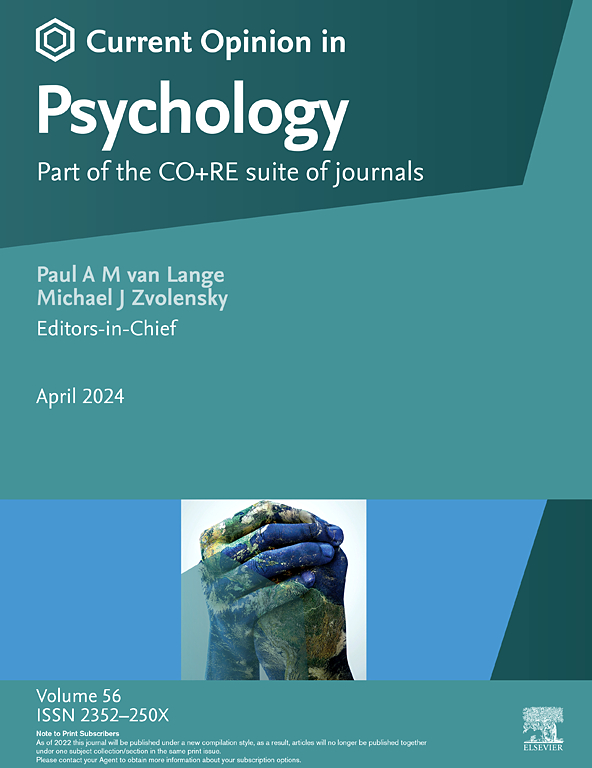组织对举报人的反应:如何克服组织中与社会认同过程有关的故意无知
IF 6.9
2区 心理学
Q1 PSYCHOLOGY, MULTIDISCIPLINARY
引用次数: 0
摘要
举报不当行为的举报人往往会在组织内部引发防御反应。我们将其归因于社会身份威胁的经历,这种现象阻碍了组织的学习和改进。理论和研究强调了组织中人们在应对潜在问题之前需要克服的三种障碍。他们必须接受:(1)关注的有效性;(2)他们采取行动的责任;(3)他们解决问题的能力。我们将这些联系到一个综合框架中,为理解组织中的故意无知提供了一个新的视角。它规定了管理者、管理者和员工可以做些什么来更有建设性地处理组织问题的早期信号,并为未来的研究如何扩展组织响应性的现有知识提供了一个议程。本文章由计算机程序翻译,如有差异,请以英文原文为准。
Organizational responses to whistleblowers: How to overcome willful ignorance relating to social identity processes in organizations
Whistleblowers reporting misconduct often trigger defensive responses within organizations. We attribute this to the experience of social identity threat, a phenomenon that prevents organizational learning and improvement. Theory and research highlight three types of barriers people in organizations need to overcome before responding to potential problems. They have to accept: (1) the validity of the concern (2) their responsibility to act and (3) their ability to address it. We connect these into an integrative framework that offers a new perspective to understand willful ignorance in organizations. It specifies what managers, regulators, and employees can do to deal more constructively with early signals of organizational problems and offers an agenda for how future studies might extend existing knowledge on organizational responsiveness.
求助全文
通过发布文献求助,成功后即可免费获取论文全文。
去求助
来源期刊

Current Opinion in Psychology
PSYCHOLOGY, MULTIDISCIPLINARY-
CiteScore
12.10
自引率
3.40%
发文量
293
审稿时长
53 days
期刊介绍:
Current Opinion in Psychology is part of the Current Opinion and Research (CO+RE) suite of journals and is a companion to the primary research, open access journal, Current Research in Ecological and Social Psychology. CO+RE journals leverage the Current Opinion legacy of editorial excellence, high-impact, and global reach to ensure they are a widely-read resource that is integral to scientists' workflows.
Current Opinion in Psychology is divided into themed sections, some of which may be reviewed on an annual basis if appropriate. The amount of space devoted to each section is related to its importance. The topics covered will include:
* Biological psychology
* Clinical psychology
* Cognitive psychology
* Community psychology
* Comparative psychology
* Developmental psychology
* Educational psychology
* Environmental psychology
* Evolutionary psychology
* Health psychology
* Neuropsychology
* Personality psychology
* Social psychology
 求助内容:
求助内容: 应助结果提醒方式:
应助结果提醒方式:


